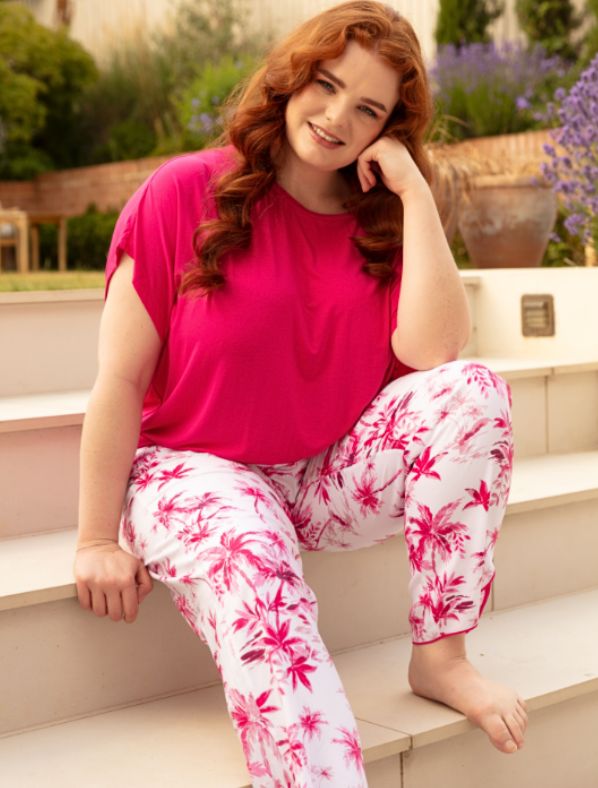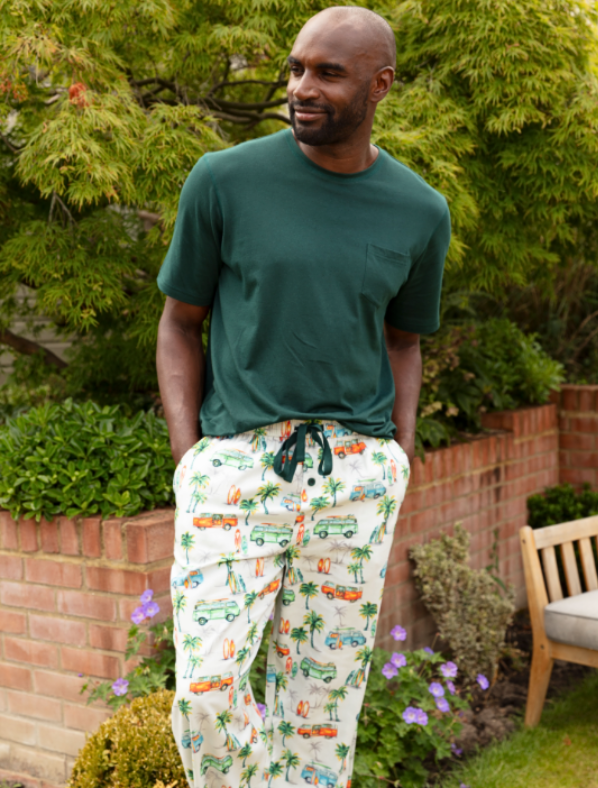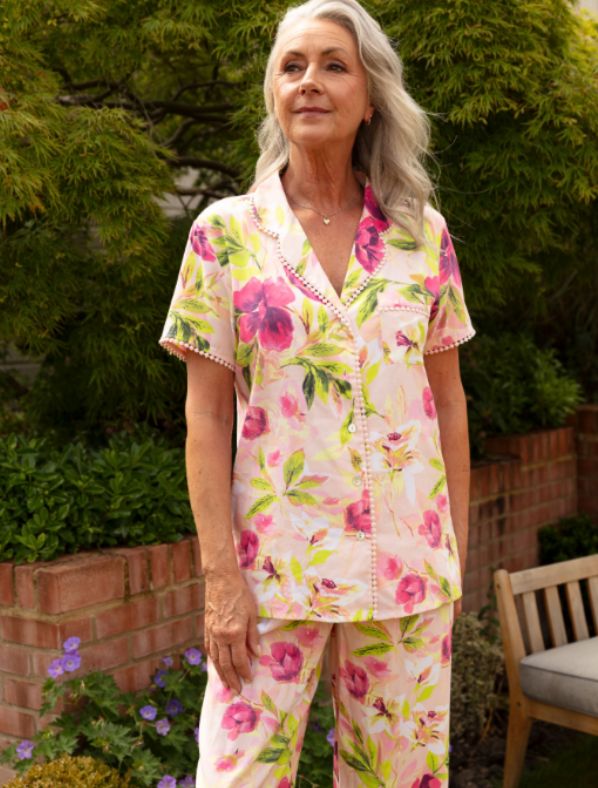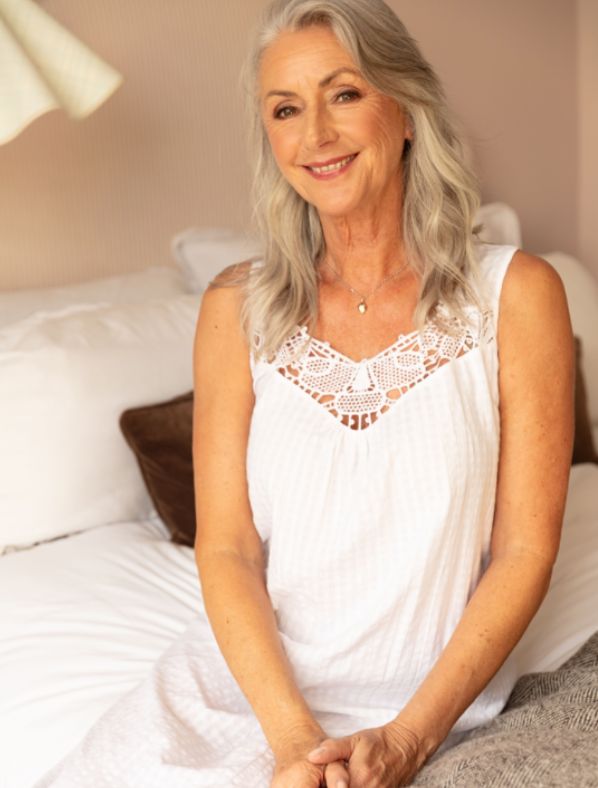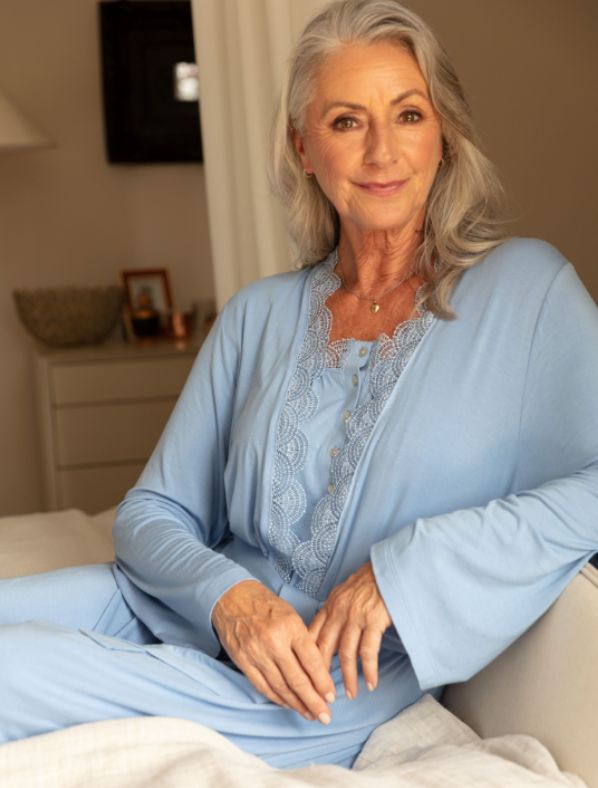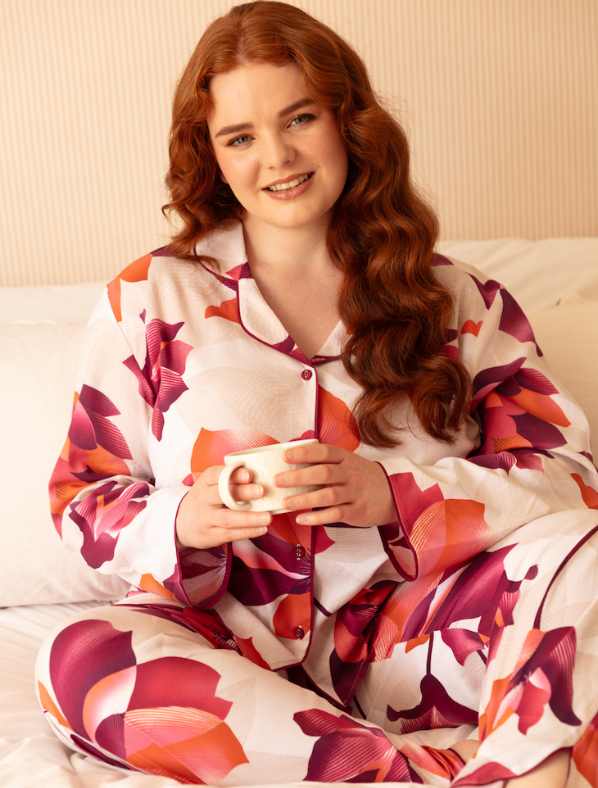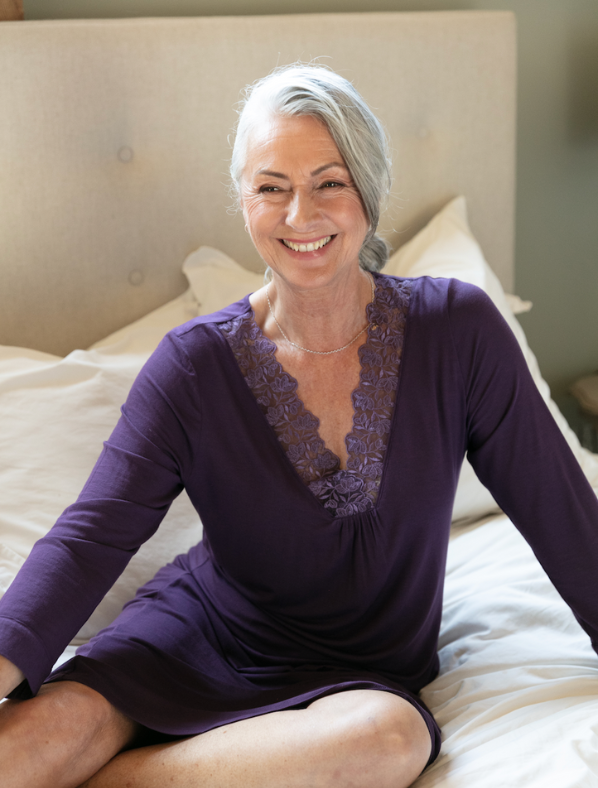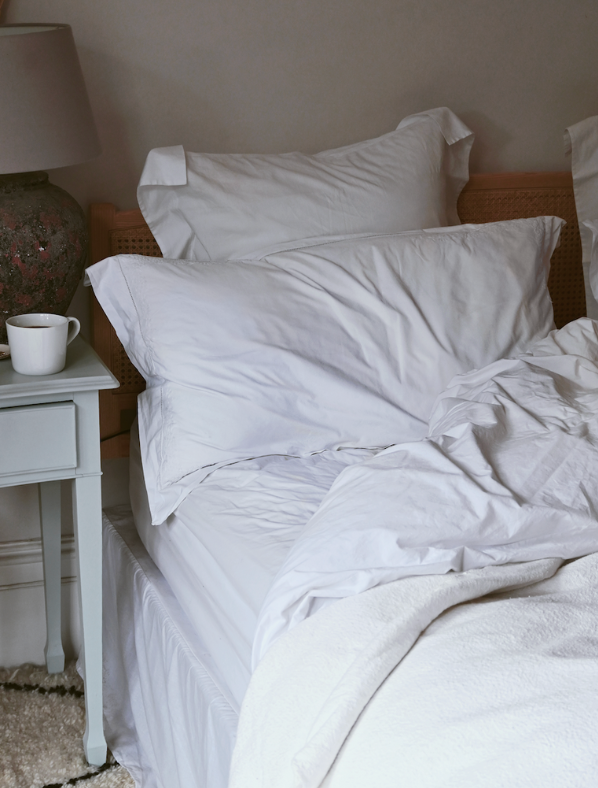If you’re struggling with your sleep, why not check out my Seep Well, Live Better During Menopause Online Course? Providing simple information and a step-by-step process to fix your sleep, the course will clearly guide you through the simple steps to improve your sleep, including everything you would receive in face-to-face sessions. Plus, I am there to provide ongoing support throughout the entire programme.

The Link Between Menopause and Poor Sleep
Written by sleep expert Kathryn Pinkham
With over 60% of women reporting their sleep gets worse during menopause, if you’ve found that menopause and the associated changes have had a negative impact on your sleep, you’re not alone.
With many women reporting feeling powerless to improve their sleep during menopause, if you’re currently going through it yourself, the chances are you’ll be feeling helpless, but the good news is that needn’t be the case.
When it comes to improving sleep during menopause, the first point of call is understanding why we can find our sleep suffering during this time. In short, it comes down to hormones.
There’s a strong link between sleep and our hormones. In fact, our hormones depend on the sleep-wake cycle to stay regulated and balanced. So, with sleep playing a big part in the production of hormones such as oestrogen, progesterone, melatonin, and our hunger hormones, when we don’t get enough sleep it’s common to find this negatively impacts on mood, anxiety, and our weight, to name just a few issues!
What’s more, anyone who’s experienced the menopause will know the pain of hot flushes. Triggered by the drop in oestrogen levels associated with menopause, which controls the part of our brain that helps regulate body temperature, the sudden rise in temperature creates a hot flush which wakes you. This can also lead to feeling panicky, making it harder to get back to sleep.
The changes in hormones can also often lead to increased anxiety. This is another reason our sleep is affected, as the more hyper vigilant we are, the more adrenaline there is in our system. This is not only exhausting but also the opposite state to sleep.
So, how can we minimise the impact of hormones on our sleep, and take steps to ensure we’re sleeping well and living better despite the impact of menopause?
Acceptance – Remember, with 60% of women reporting sleep issues during menopause, what you’re experiencing may not be fun, but it is normal. So, accept you may experience some poor sleep until you find out what works for you, but know that this doesn’t need to be forever and that there is help available.
Go to bed later – Also get up earlier and set an alarm. This may seem counterintuitive, but this will help build your sleep drive, which is your appetite for sleep, making it more likely that you’ll fall asleep more easily and sleep better too.
Leave the room - If you can't sleep or can't get back to sleep - leave the room. The more time you spend in bed feeling hot, anxious, or stressed, the worse your relationship with your bed will become. Leave the room and read, or watch TV to break the connection, and then go back to bed when you feel calmer.
Speak to your GP - Speak to your GP (or menopause specialist) about HRT as this has been proven to have a positive impact on sleep issues. However, it’s important to know that if you develop insomnia during the menopause, HRT alone may not fix the problem. This is because, despite HRT reducing the symptoms, the poor sleep can become a learnt behaviour, as your body clock has now been disrupted. However, there’s no need to panic, like all habits and learnt behaviours, we can re-learn how to sleep well again using CBT for insomnia techniques.
Take the pressure off - Avoid taking lots of supplements, having long wind down routines, or giving up things you enjoy, as these things all add extra pressure to your sleep and increase the chance of low mood. Even though you are tired - try to keep up with the things you know make you feel better.
Reduce your stress - Remember stress is exhausting, so being sleep deprived and worried will leave you more tired than if you find ways to reduce stress. So, find what works for you, whether this be going for a quick walk in the fresh air, or practicing mindfulness to calm your mind, this will help boost energy levels.
Write things down - Writing things down is a therapeutic way of getting anxious thoughts out of our heads and onto paper. This can help us see things more clearly and gives you the opportunity to plan for things in your control and learn to let go of the things you can’t. So, give yourself a short worry window each day to write things down, so they don’t stay in your head and say hello at 3am!
Banish hot flushes - A huge culprit of poor sleep during menopause is hot flushes. So, make sure you’re wearing cool and breathable fabrics to bed, helping minimise the ‘sweaty’ feeling when a flush arrives. Cyberjammies have some brilliant options, all made in modal fabric which is known for its ultra-comfortable, flexible, and breathable feel.
Learn to calm your body and mind during the night - Another good option for dealing with the panic that can arise with a hot flush is by focusing on things around you as this will change your focus. So, for example, what does the pillow feel like on your cheek? What does the bedding smell like? What can you hear in your room? It’s about calming yourself down, rather than allowing your brain to spiral and think: ‘I’m going to be exhausted tomorrow.’
Believe in yourself - Increase your belief that you can cope - focus on the things that can bring you energy and happiness, other than sleep, as this way you are taking the pressure off sleep meaning you are more likely to sleep.

